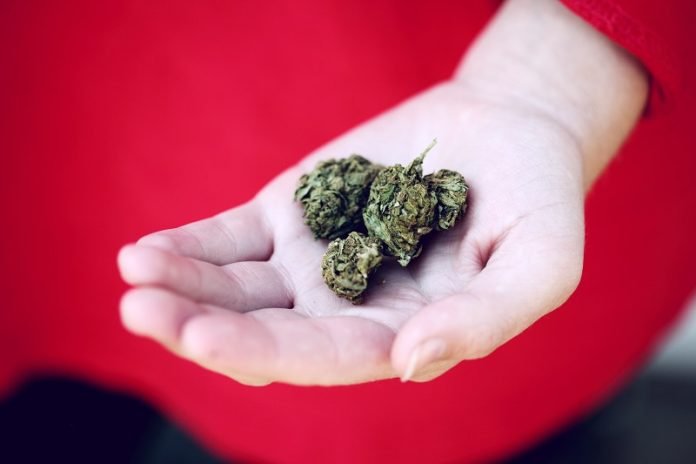
A panel of University of Michigan Health, Michigan Medicine, experts discuss how the use of cannabis and alcohol can be linked to cardiovascular health.
“It depends on your genetics,” said Jonathan Morrow, M.D., Ph.D., an addiction expert, and psychiatrist at Michigan Medicine.
“A lot of these genetics we don’t understand fully… so that’s going to determine [for cannabis] to a large extent the risk of addiction, a risk for psychosis.”
But how do you know what is, in fact, too much?
Morrow said it boils down to this: “Is it interfering with your life? Are you functioning better or worse with this substance on board?
When someone is addicted to cannabis or anything else, they’re going to spend a lot of time using, a lot of their time finding the substance, and recovering from the substance.
It’s going to interfere with things like work or family, or get into conflicts with people over the use and you’re going to be impaired in your normal functioning.
If you see that, if other people see that, and yet you continue to use, then that’s a sign of addiction at that point.”
Although cannabis is less addicting than some drugs, it can be as severe as other substances.
“I’ve seen peoples’ whole lives fall apart because of cannabis,” Morrow said.
“It’s definitely something you can get treatment for and should seek treatment for if it’s becoming a problem because it really can have a major impact on both the person and everyone else in that person’s life.”
Cannabis can also impact your heart health, says Eric Brandt, M.D., M.H.S., FACC, a cardiologist and lipidologist at the U-M Health Frankel Cardiovascular Center, explaining that there are cannabis receptors in different parts of the body, including your heart and your blood vessels, that the drug can adversely impact.
“They’ve been able to measure that cannabis intake, in whatever form, can activate these receptors, and they actually end up having some potential negative effects, especially physiologically,” Brandt said.
Brandt says research has found cannabis use can cause blood vessel constriction, increase your sympathetic nervous system hormones, and are also, in general, pro-inflammatory.
“There have been some studies that have linked these physiological changes after using marijuana to cardiovascular outcomes,” he said.
“If you look at broad populations, marijuana use, in general, is associated with different types of heart problems in states where there’s been legalization compared to states without.”
And marijuana can also impact heart medications, with a potential for dangerous drug interactions, says Monica Colvin, M.D., M.S., FAHA, also a cardiologist at the U-M Health Frankel Cardiovascular Center.
“It’s important to make your doctor aware of any substance you’re taking, whether its an over-the-counter [medication] or herbal medicine,” Colvin said.
“It can increase or decrease the effectiveness or levels of medicine that you’re taking. Some compounds that are found in marijuana are using the same pathways to be metabolized as other common heart medications.”
This includes blood thinners, anti-cholesterol medications, and some blood pressure medicines.
As for alcohol, Morrow and Colvin say, moderation is important.
“There are old guidelines on specific amounts of alcohol. For men, no more than 14 drinks a week, for women no more than seven.
No more than one a day for women, no more than two for men,” said Morrow, who notes the term “standard drinks” indicates a much smaller amount than you’d expect. “That’s [based on a] 12-ounce beer, a 5-ounce glass of wine, and 1.5 ounces of liquor.”
But those guidelines were developed a while ago, notes Morrow, before evidence surfaced that alcohol use, at any level, worsens your health.
“The less you drink the better. You’d be best off, from just a health perspective, if you didn’t drink at all.”
“I’m frequently asked, how much can I drink?” Colvin said.
“There’s probably no amount that’s good for your heart, but there are amounts that are less bad. In my world, less than 7 drinks a week is better. If you are drinking, do it in moderation.”
Written by Johanna Younghans.
If you care about heart disease, please read studies about chronic itch linked to heart disease, and drinking coffee this way may prevent heart disease and stroke.
For more information about heart health, please see recent studies about the amazing benefits of beets for diabetes, blood pressure, and nerves, and results showing Vitamin C may help treat heart rhythm problems.



